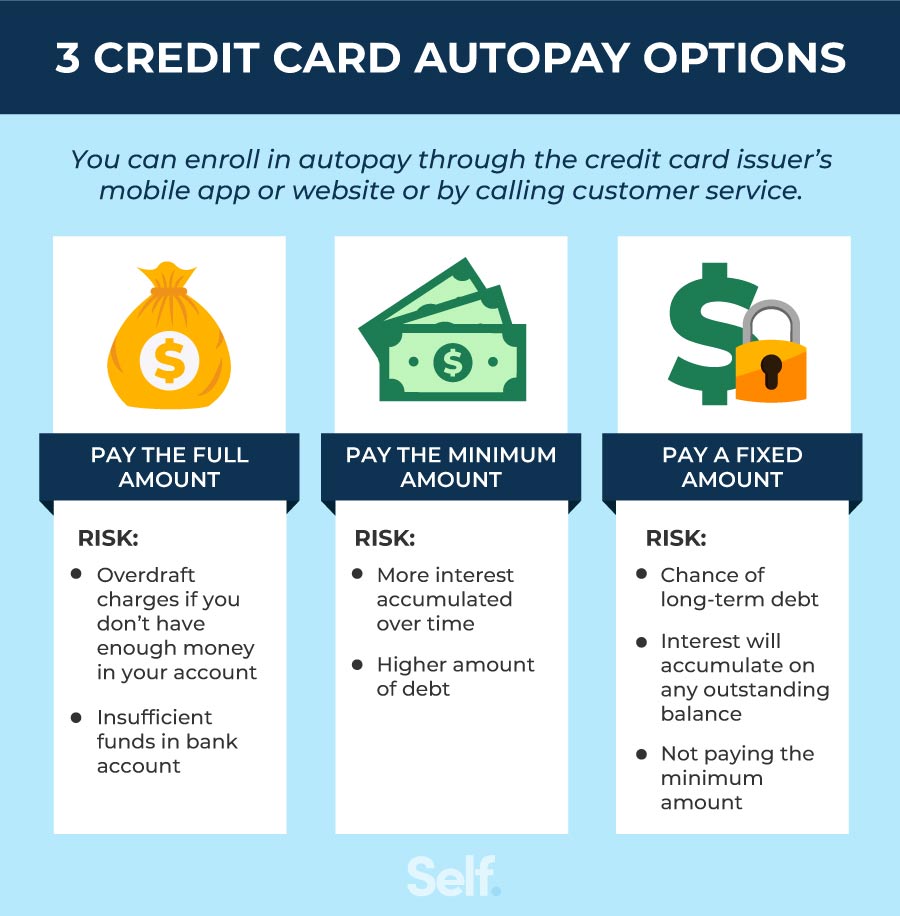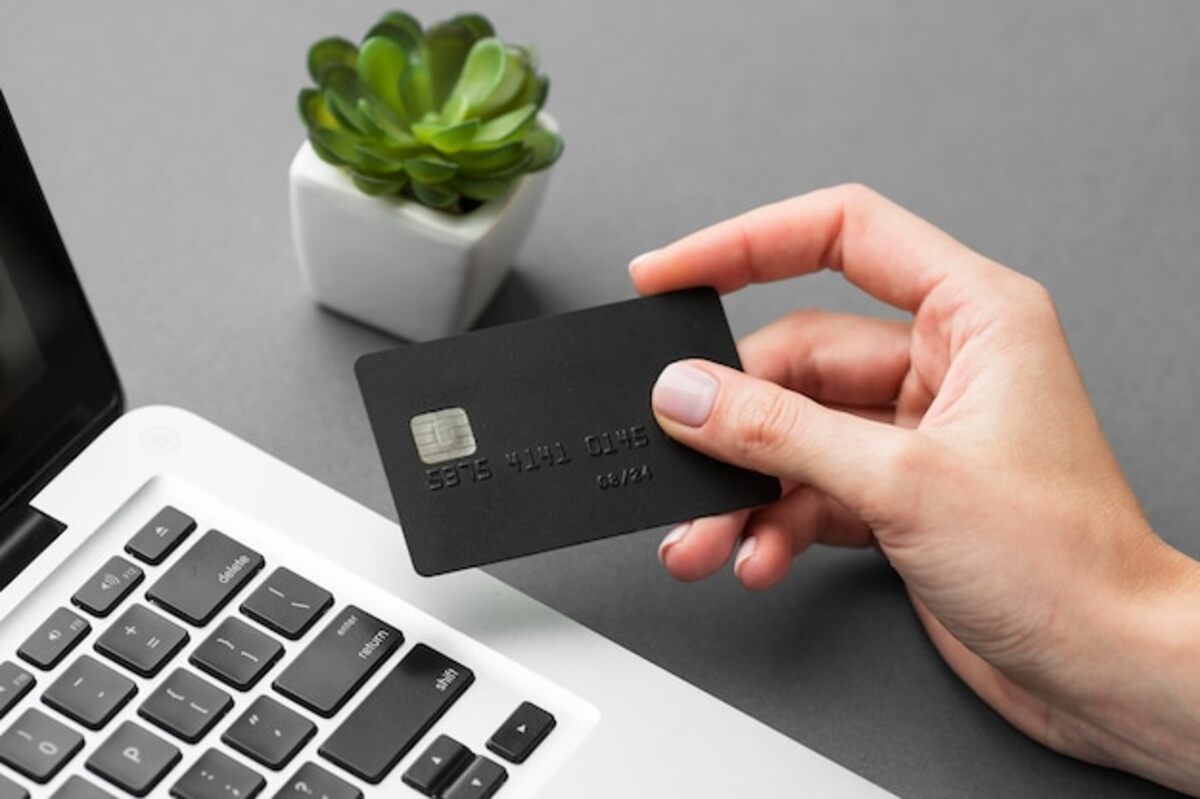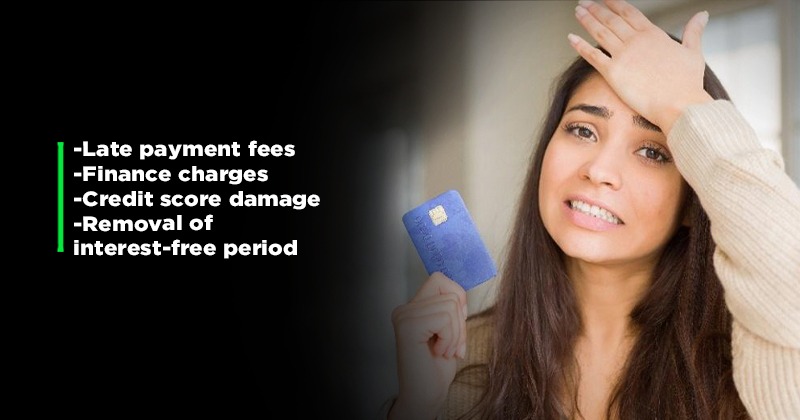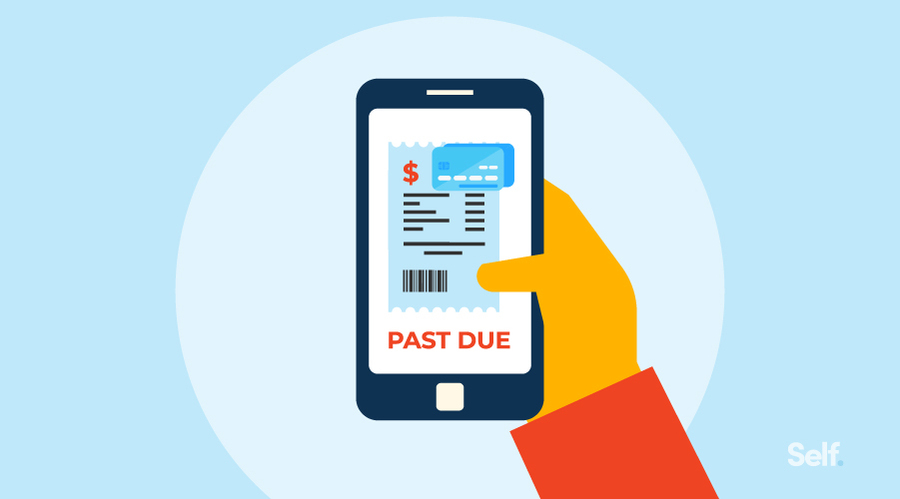What Happens When You Stop Paying Credit Card
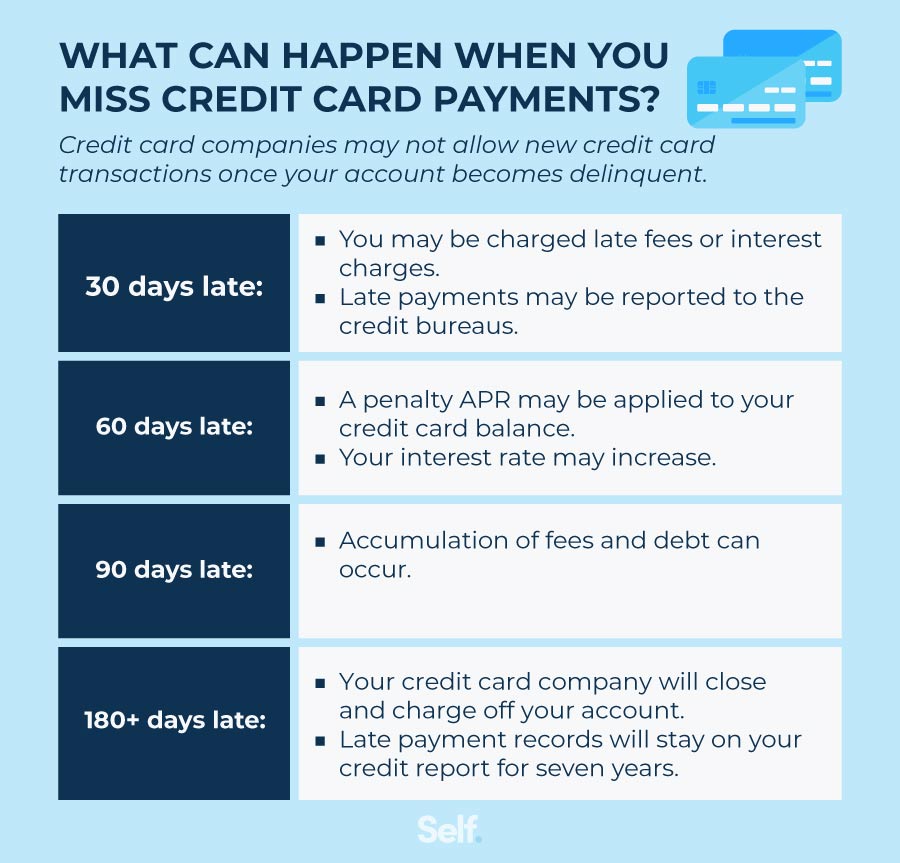
Imagine the weight of a stack of bills, each one a reminder of promises made and now broken. The cheerful chime of your phone, once a welcome notification, now triggers a knot of anxiety, fearing it’s yet another call from a creditor. The simple act of checking the mail becomes an ordeal, a daily confrontation with the consequences of a financial tightrope walk gone wrong.
Understanding what happens when you stop paying your credit card is crucial for navigating financial difficulties. This article explores the cascading effects, from the initial late fees to the potential damage to your credit score and legal repercussions, offering insights into how to mitigate these consequences and regain control of your financial future.
The Slippery Slope: Initial Consequences
The first missed payment is often met with a late fee. These fees, usually a fixed amount, add to the already mounting debt. According to the Consumer Financial Protection Bureau (CFPB), credit card companies are required to clearly disclose their fee structures.
Your Annual Percentage Rate (APR), or interest rate, could also increase. Many credit card agreements contain a “penalty APR,” which is triggered by a missed payment and can significantly inflate the cost of carrying a balance.
This higher interest rate makes it even harder to pay down the debt, creating a vicious cycle. It also affects your credit utilization ratio, which is the amount of credit you're using compared to your total available credit. Keeping this ratio low is vital for a healthy credit score.
Credit Score Catastrophe: The Downward Spiral
After 30 days of non-payment, the credit card company typically reports the delinquency to the major credit bureaus. This is when the real damage to your credit score begins. A lower credit score can affect your ability to secure loans, rent an apartment, or even get a job.
The impact on your credit score depends on several factors, including your previous credit history and the severity of the delinquency. However, even a single missed payment can have a noticeable negative effect.
The longer you go without paying, the worse the damage becomes. Each subsequent missed payment further erodes your creditworthiness, making it increasingly difficult to recover.
The Debt Collection Gauntlet: Harassment and Legal Action
After a few months of non-payment, the credit card company may escalate collection efforts. This often starts with phone calls and letters demanding payment.
"Under the Fair Debt Collection Practices Act (FDCPA), debt collectors are prohibited from using abusive, unfair, or deceptive practices," the CFPB clarifies.
However, even legitimate collection attempts can be stressful and overwhelming. It’s important to know your rights and to document all communications with debt collectors.
If the debt remains unpaid, the credit card company may eventually sell it to a debt collection agency. These agencies are often more aggressive in their collection tactics.
In some cases, the debt collector may file a lawsuit against you to obtain a judgment for the unpaid debt. If they win, they can garnish your wages or levy your bank account to satisfy the judgment.
The Long-Term Fallout: Lasting Consequences
The negative impact of unpaid credit card debt can linger for years. A delinquency can remain on your credit report for up to seven years, affecting your ability to obtain credit cards, loans, and mortgages.
Even after the delinquency is removed from your credit report, the memory of the financial hardship may make it difficult to trust yourself with credit again.
The psychological toll of debt can also be significant. Stress, anxiety, and depression are common among individuals struggling with debt.
Taking Control: Strategies for Mitigation and Recovery
The good news is that there are steps you can take to mitigate the consequences of unpaid credit card debt and regain control of your finances. The first step is to acknowledge the problem and seek help.
Contact your credit card company. Many companies are willing to work with borrowers who are struggling to make payments. They may offer a reduced interest rate, a temporary payment plan, or other forms of assistance.
Consider credit counseling. Non-profit credit counseling agencies can help you develop a budget, negotiate with creditors, and explore debt management options.
Explore debt consolidation. Consolidating your credit card debt into a single loan with a lower interest rate can simplify repayment and save you money. However, be sure to carefully evaluate the terms and conditions of any debt consolidation loan.
If you're facing overwhelming debt, bankruptcy may be an option. However, it's important to understand the long-term consequences of bankruptcy before making this decision. Consult with a qualified attorney to discuss your options.
Looking Ahead: Building a Brighter Financial Future
The journey back to financial stability after falling behind on credit card payments can be challenging, but it is possible. It requires discipline, perseverance, and a willingness to make difficult choices.
Focus on rebuilding your credit. Make on-time payments on all your bills, keep your credit utilization low, and avoid opening new credit accounts until you have your debt under control.
Develop healthy financial habits. Create a budget, track your spending, and save regularly for emergencies. Educate yourself about personal finance and seek advice from trusted sources.
Remember that setbacks are a part of life. Don't let past mistakes define your future. With the right mindset and strategies, you can overcome financial challenges and build a brighter financial future for yourself and your family.
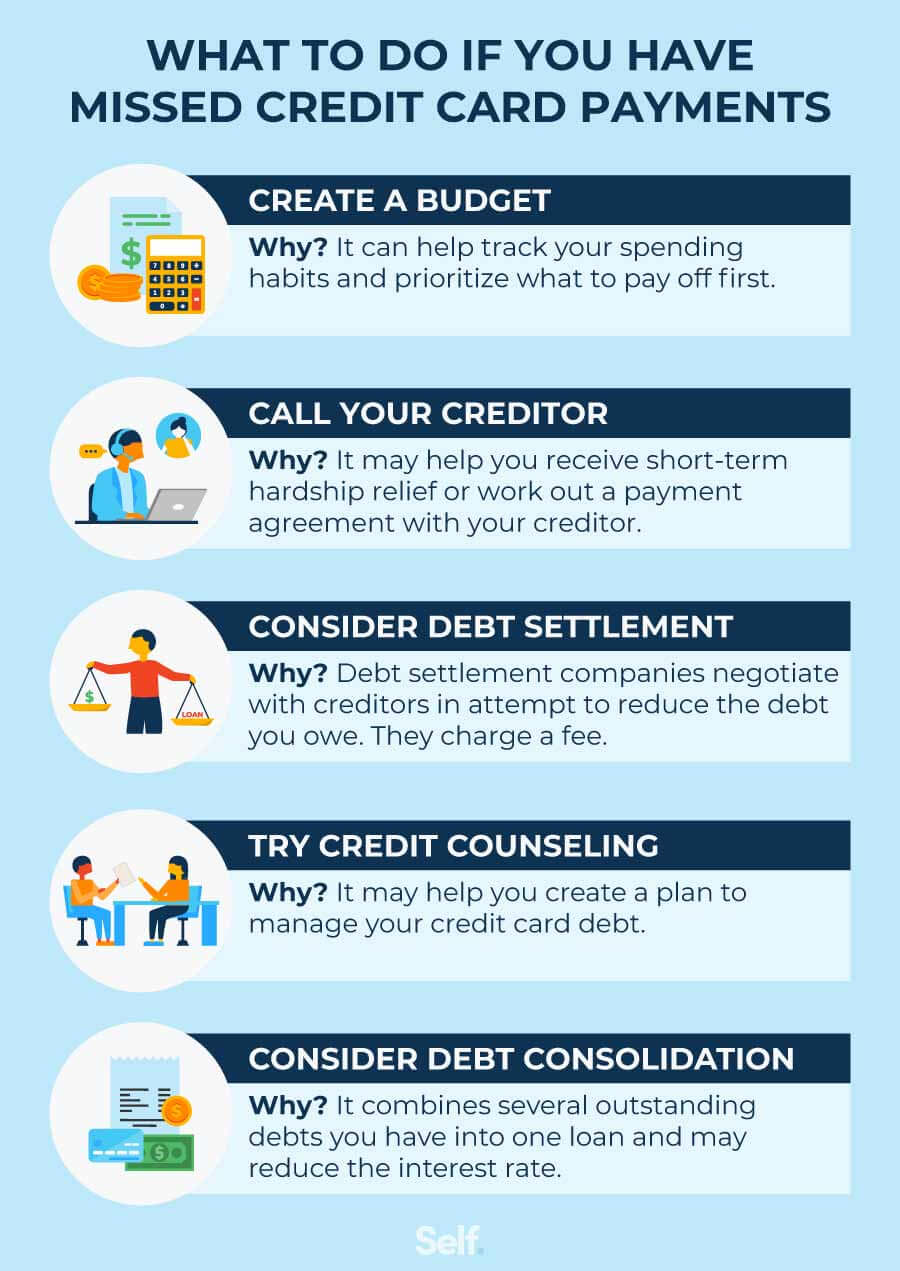



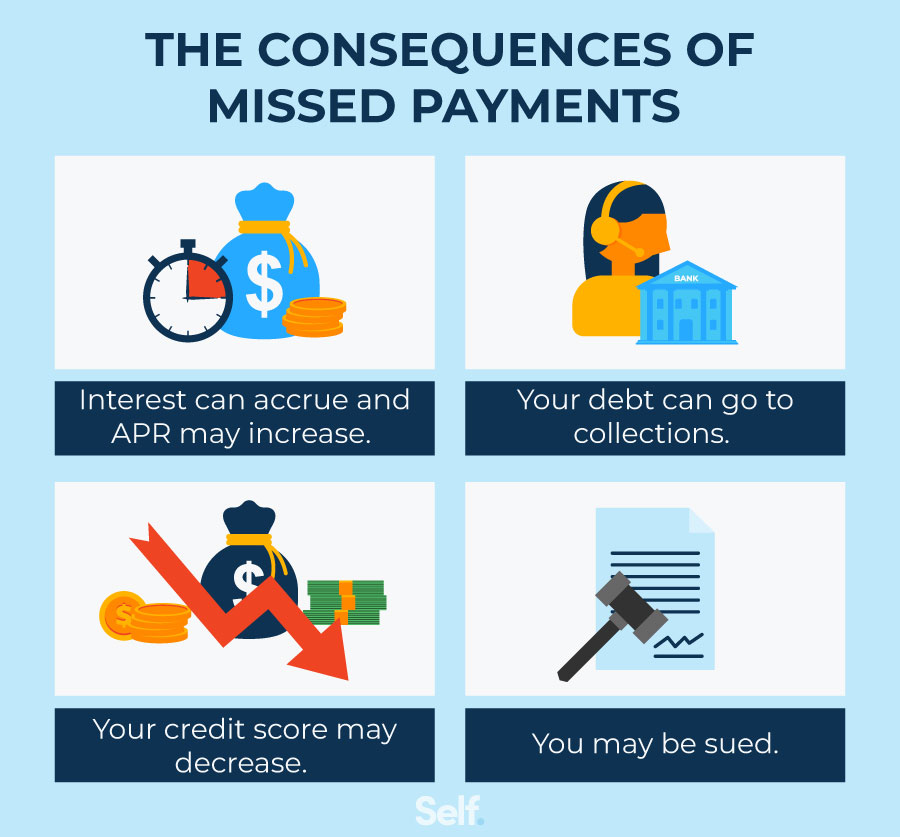
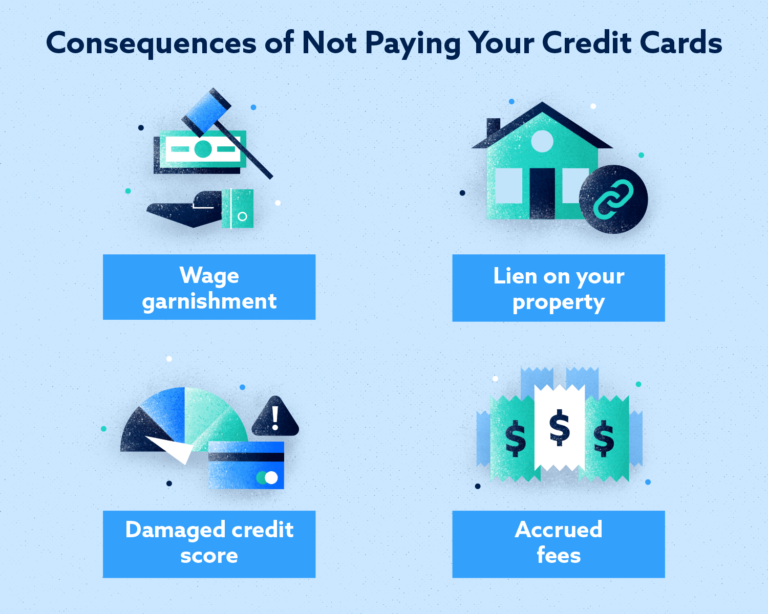
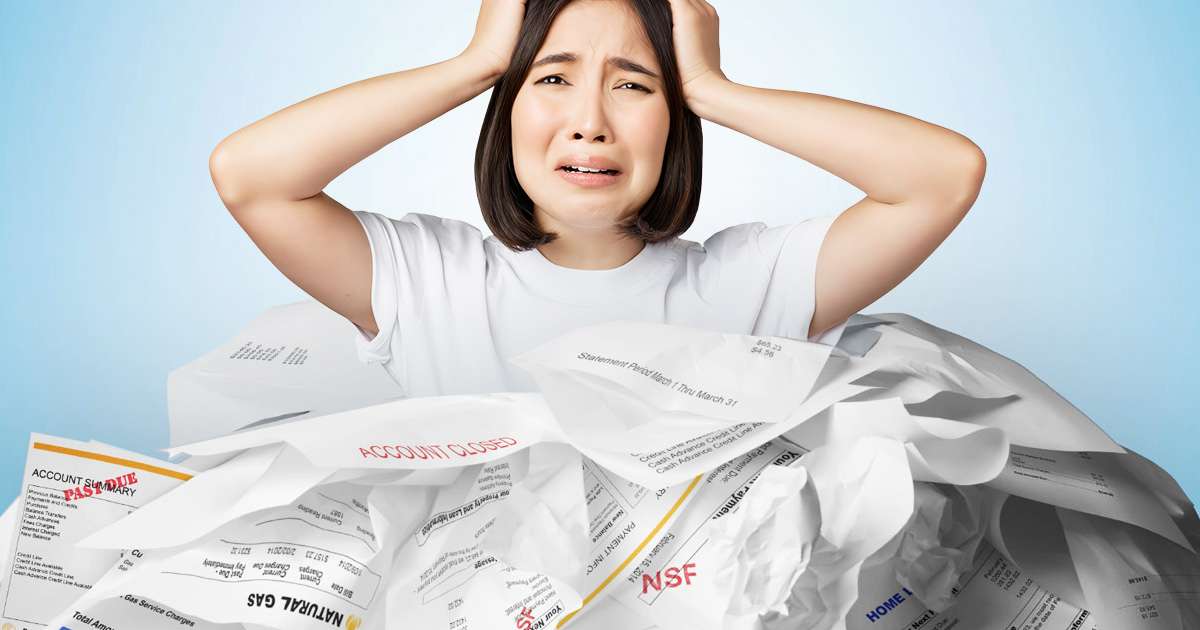


:max_bytes(150000):strip_icc()/Why-your-credit-card-was-declined-And-what-to-do-4159790_V32-fb2b6ae205aa4728b152a9d7a5497d51.png)
